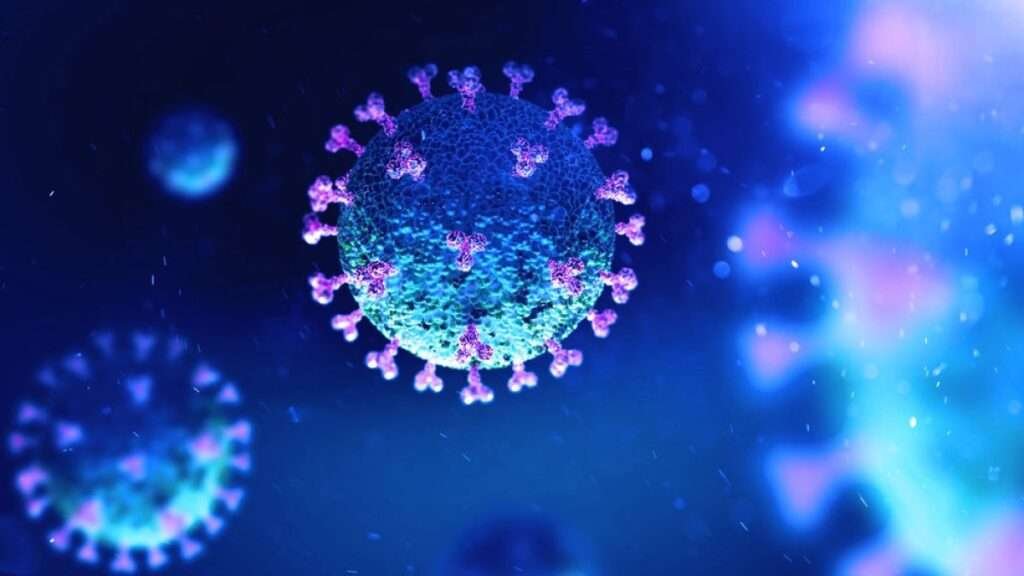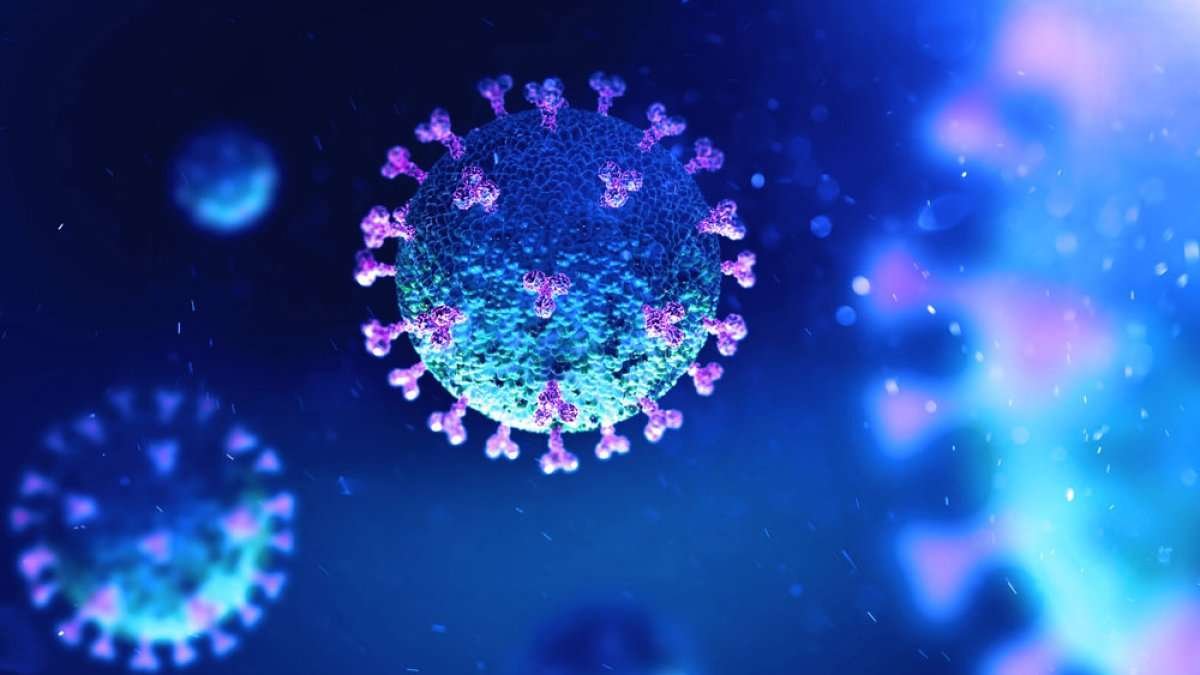What is KP.3 COVID-19 variant ? Latest Update with data from Center for Disease Control and Prevention.
The KP.3 COVID-19 variant, part of the FLiRT group, is a recently identified strain of the SARS-CoV-2 virus. Symptoms of KP.3 are similar to previous variants and include fever, chills, cough, shortness of breath, fatigue, muscle aches, headaches, sore throat, loss of taste or smell, congestion, nausea, and diarrhea. These symptoms can vary in severity based on individual health conditions and immunity levels. The KP.3 variant evolved from earlier strains like JN.1 and is being monitored for its potential impact on public health.
In the past week, the Centers for Disease Control and Prevention (CDC) has reported the percentage of positive results from COVID-19 tests using Nucleic Acid Amplification Tests (NAATs) across different regions of the United States. Here’s the latest update:
Latest Information

Detailed symptoms for KP 3 Covid Variant.
Fever and Chills: Common initial signs of infection, indicating the body’s response to the virus.
Cough: Persistent coughing, which can be dry or productive, is typical.
Shortness of Breath: Difficulty breathing can be a more severe symptom, often indicating lung involvement.
Fatigue: Extreme tiredness and weakness are common, often lasting for weeks.
Muscle or Body Aches: Generalized aches and pains can occur, similar to flu symptoms.
Headache: Headaches may range from mild to severe.
Loss of Taste or Smell: A distinctive symptom that has been associated with COVID-19, although less frequently in newer variants.
Sore Throat: Pain or irritation in the throat.
Congestion or Runny Nose: Nasal symptoms similar to those of a cold.
Nausea or Vomiting: Gastrointestinal symptoms that can accompany the respiratory symptoms.
Diarrhea: Gastrointestinal symptom observed in some cases.

To protect yourself from the KP.3 COVID-19 variant, follow these detailed guidelines:
Stay Vaccinated: Ensure you’re up-to-date with the latest COVID-19 vaccines. Vaccination helps reduce the risk of severe illness and hospitalization.
Wear Masks: Use masks, particularly in crowded or poorly ventilated indoor spaces. Masks help reduce the spread of respiratory droplets.
Practice Good Hygiene: Wash your hands frequently with soap and water for at least 20 seconds. Use hand sanitizer when soap and water are not available.
Maintain Social Distance: Keep a safe distance from people who are sick or showing symptoms of COVID-19.
Improve Ventilation: Increase air circulation in indoor environments. Open windows and use air filters to help reduce the concentration of viral particles.
Get Tested: Use COVID-19 tests if you have symptoms or believe you’ve been exposed to the virus. Early detection can help prevent the spread.
Monitor Local Transmission Rates: Stay informed about COVID-19 levels in your community and adjust your precautions accordingly.
Follow Public Health Guidelines: Adhere to recommendations from health authorities, including the use of antiviral treatments if prescribed.
Consider these extra precautions to protect yourself from the KP.3 COVID-19 variant:
- Boost Immunity: Maintain a healthy diet, exercise regularly, and get adequate sleep to support your immune system.
- Stay Informed: Keep up with the latest information from reliable health sources about KP.3 and other variants.
- Remote Work and Learning: When possible, opt for remote work or learning to reduce exposure.
- Community Support: Encourage and support community vaccination efforts and other public health initiatives.
- Mental Health: Manage stress through mindfulness, relaxation techniques, or talking to a mental health professional.
How can I protect myself from KP.3?
Stay up-to-date with vaccinations, wear masks in crowded places, practice good hand hygiene, maintain social distance, improve indoor ventilation, get tested if you have symptoms or suspect exposure, and follow local health guidelines.
Is the KP.3 variant more severe?
The severity of symptoms can vary depending on individual health conditions and immunity. Current data suggests symptoms are similar to other recent variants.
Are current vaccines effective against KP.3?
Vaccines remain effective in reducing the risk of severe illness and hospitalization. Staying updated with booster shots is recommended.
What additional precautions should I take?
Maintain a healthy lifestyle to boost immunity, stay informed about local transmission rates, consider remote work if possible, support community health initiatives, and manage stress to support overall well-being.
Where can I get reliable information?
Follow updates from trusted health organizations such as the CDC and WHO, and consult healthcare providers for personalized advice.

